

This month, fifteen years ago gaming took a new spin as it entered its sixth generation – a spin into a spiral that would leave a mark on gaming to this day and beyond.
Sega had come from the glory days of the early 90s and its war against Nintendo and nearly completely lost relevance. The Saturn, despite arcade perfect graphics and fantastic ports, was a failure in nearly every way and was dead on arrival. So Sega put all its chips on the table, and set out to do something no one else had.
Sega had a dream, and on September 9, 1999 they showed that dream to America in the form of a small white box known as the Sega Dreamcast.
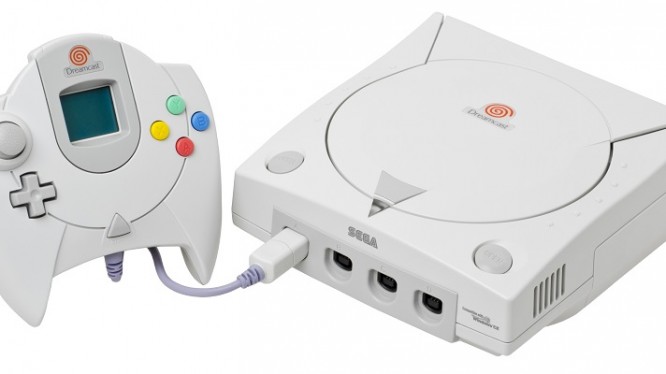
It’s still dreaming…
The Dreamcast was, to be completely blunt, the future of gaming. It was the first online system, and even with restrictions the games that went online were fantastic for the late 90s. Sega Sports had managed to create the 2K franchises which are still viable to this day. However, we’re an MMO website, and what is relevant to us is the first console MMORPG ever – Phantasy Star Online.
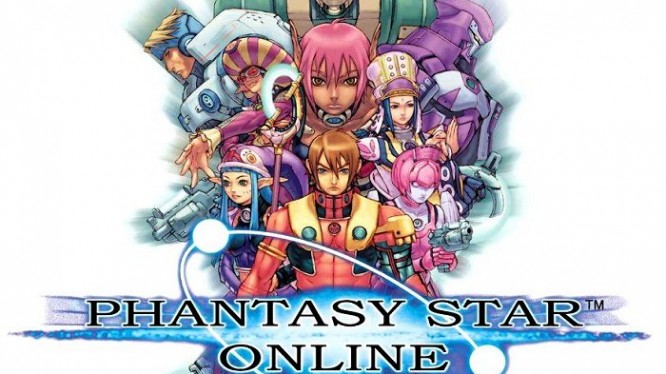
The future is now, and this colorful cast is going to be taking care of it.
Phantasy Star Online was a simple game, and as far as being an MMORPG goes, it was more comparable to Diablo than World of Warcraft, or even EverQuest. There was a core hub location where the players would interact with each other, with each server’s block only holding upwards of fifty players before it was full, and a new block had to be used. However, when the gameplay only supports up to four players at once, that was more than enough. PSO is an action RPG, with three different degrees of classes separated into melee fighters (Hunters), ranged fighters (Rangers) and casters of both healing and offense (Forces). Six attacks were allowed per character, which was necessary given the controller origins of the game.
With a total of four (later six, eventually ten) zones, a handful of quests, and a lot of repetition, PSO managed to hold my attention like no other game could. Honestly, Phantasy Star has always been a favorite RPG series of mine. Between it and Final Fantasy, I only played Final Fantasy more because there was more of it. Phantasy Star was one of my long-time favorites, with PSII being perhaps my first RPG ever. I’m split between the genres of science fiction and fantasy, and the worlds of Phantasy Star struck that even note between the two that was absolutely perfect at the time. Enjoying it with others was a touch beyond.
You see, PSO also had a very strong creative side to it. The people who played PSO were an expressive lot, and it was there that I got my first taste as a writer. Phantasy Star Online fan-fiction, everyone has an old shame. However, it wasn’t a bad thing at all. It was one creation to add to many others. So as I adventured in the game world of PSO, I found myself thinking up reasons why my character was doing what he was doing. Slowly but surely, my hobby of roleplaying, currently limited to bad Dragon Ball Z-inspired work on the MSN Gaming Zone, was leaking over to the MMO side of things. As my human Hunter (HUmar for the initiated) leveled up, he grew in storyline as well. Eventually Shin Arishima, and my CAST Hunter (HUcast) Talisman, became more than just avatars. They were people to me now, and I followed them as much as they followed me.
I tell you all that I have never looked back from those days. Feeling the intensity of a boss ten times your size as the scene changes from an idyllic meadow to a hellish landscape of screaming faces. Finally defeating him, only to have him stand right back up and attack again, unrelenting until you’d killed him three times in a row. Dark Falz remains a close second to Olga Flow, a later boss in the PSO series that can be described as “fighting a berserk biomech in a falling elevator” as my favorite MMO boss. There’s an intensity to the desperation of these fights, especially at the Ultimate and highest difficulty rating. What is a common experience now was the most engaging experience of my gaming career to that point in 2000. Desperately running over to allies to revive them with items, trying to hold back waves of attacks from an uncaring enemy… this was my first time in the experience of a multi-man fight, and it remains a point of pride to have done it.
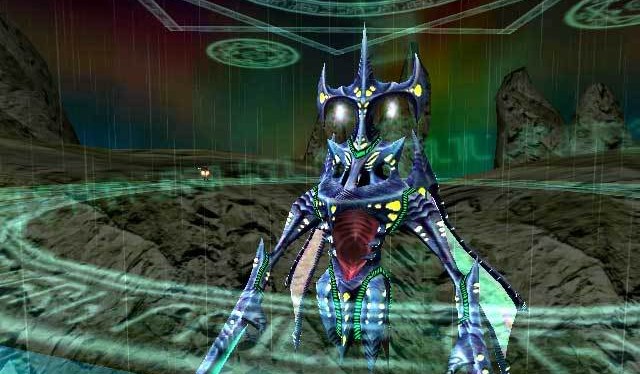
I cannot tell you how many Scape Dolls I lost here.
When the Dreamcast finally passed on in 2001, there was a dearth of Phantasy Star Online that only lasted as long as it took for Episodes I and II to come out on GameCube a year later. PSO found a new life on Nintendo’s platform, which has been one of the more ironic moments in my life. That my love of Sega would lead me back to Nintendo… it still makes me pause, even now. Then came Phantasy Star Universe, a spiritual sequel that, while a fantastic game in its own rights, attempts to reinvent the wheel when the player didn’t want the wheel reinvented. The game took far too much focus on making special attacks important and ended up being style over substance.
This isn’t to say that I didn’t play the hell out of that game. Believe me, the hours I emptied into the now defunct PS2 and PC servers were numerous indeed, but perhaps no more than an average MMO I play. The dedication to the original Phantasy Star Online had faded, just a bit, with its resurrection as the Universe. There was a small charm in the instanced zones, the cities full of people who wish only to kill a thousand enemies the same as you. Having worlds is a different feeling. More of an MMORPG, but less of Phantasy Star Online. Phantasy Star was its own beast, and in a lot of ways, having a hub world that everything was done out of was part of was what made it different. You came into the MMO part of the game to find more people to play. Socialization was nice, but the pace of the game was such that you wanted right back in. The hubs could be used as meeting grounds, and often you would find good friends within them, but what you sought for most was good players. A more traditional MMO experience doesn’t fit with the pace the PSO players were seeking. Fortunately, Sega learned quickly in this case, and the games within the Universe series thereafter used the hub world system much more.
Now, as Phantasy Star Online approaches its fifteenth year, Phantasy Star Online 2 has released in Japan to great fanfare. A good combination of the original Phantasy Star Online with a lot of the better ideas of Universe and its subsequent titles placed into it, PSO2 has managed to capture a lot of the charm of the original game in a modern form. Whenever I get the feeling to play an action MMORPG, I load up the translated version of PSO2 and just have some fun with it, and fun it is. Though I don’t quite have the player base I had back in the original game thanks to the Japanese-only servers, it’s still a lovely little experience each time. PSO2 runs with the hub system of the original game, albeit with player housing and a much expanded hub to work with. However, the combat zones are where the game shines. Much like the original PSO, the zone itself fights against you, as both a gauntlet of enemies and traps will assault you from the second stage on. PSO2 also adds on field quests (called Emergency Codes) that will drop down in mid-battle, altering the experience so that each run onto the field is different than the last. To be honest, PSO2 is probably the best incarnation of the game series. I have to occasionally look at things objectively, and between game balance, interesting classes and the ability to combine classes for further customization, lots of options within battle and an ever-changing field, this is easily the most complete Phantasy Star Online experience to date.
However, nothing compares to nostalgia, and the memories of a white six-button controller with one joystick, and a brick of an old TV, running around as a white-armored robot with an energy greatsword are still strong.
Everyone’s first MMO holds a special place in their heart. For me, PSO reminds me of those halcyon days, where loot and challenge were the determiners of fun. Where your own story was your own, and blessed were those who could draw and write. That white box, whose life came to us fifteen years ago, gave me that. So happy fifteenth anniversary Dreamcast, and don’t worry. Your legacy lives on to this day, in the Phantasy Stars that followed.
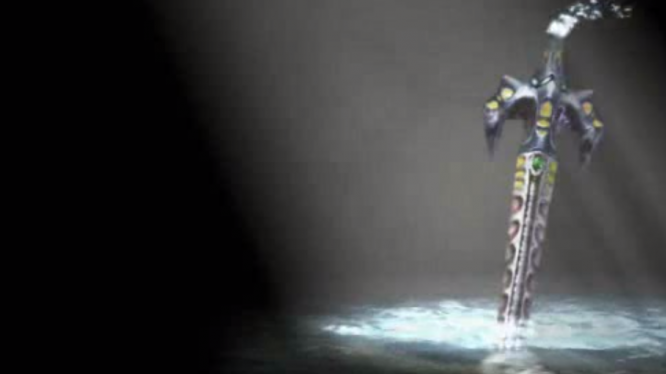
And as it fades, so do the greatest days of youth.
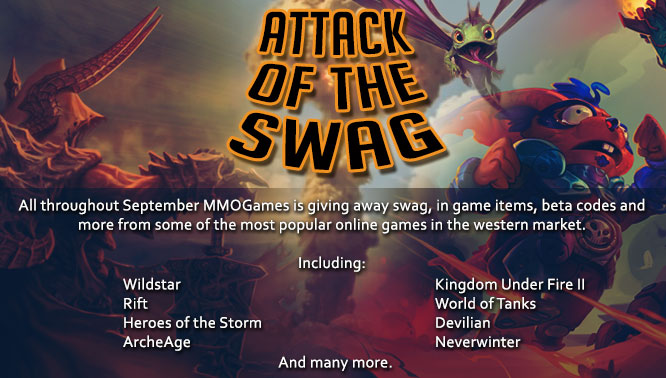
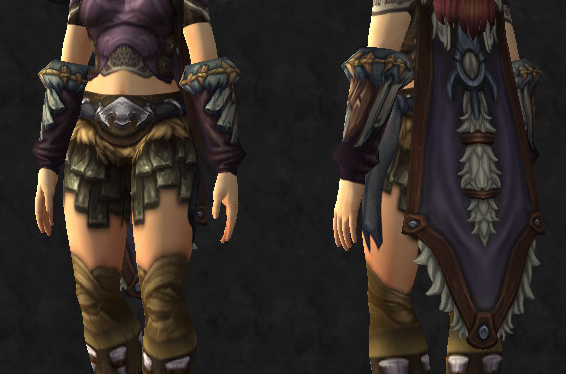
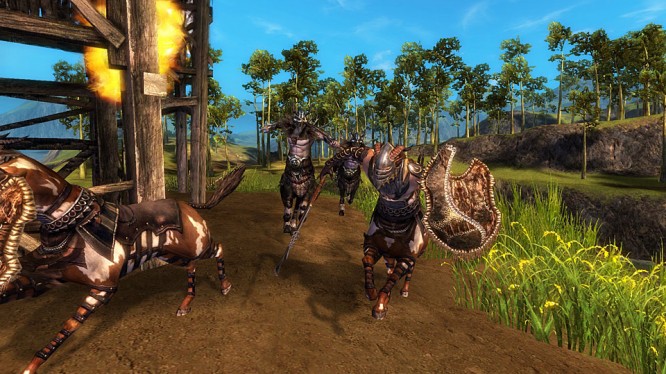
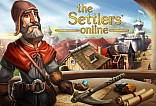
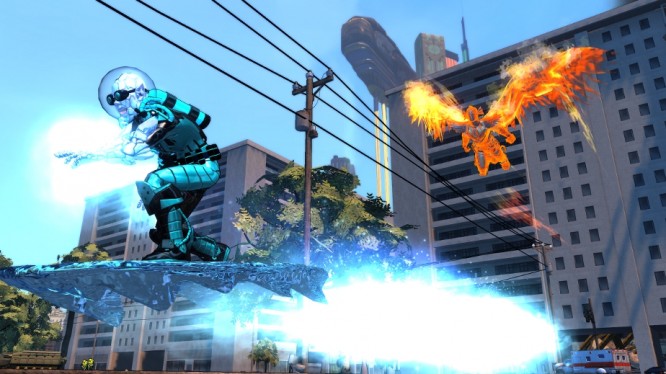 Spandex Online: Multiplayer Superheroes .
Spandex Online: Multiplayer Superheroes .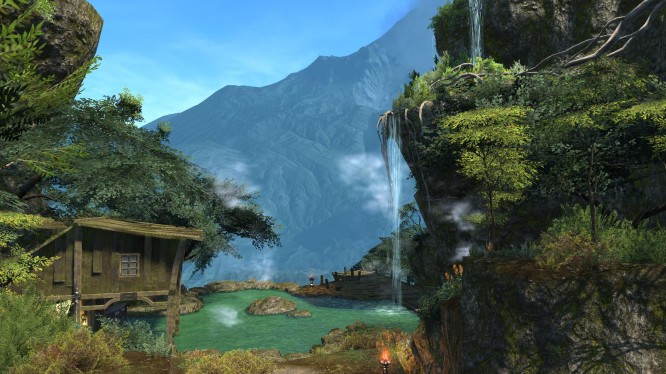 Versus: World of Warcraft vs Final Fantasy XIV: A Realm Reborn .
Versus: World of Warcraft vs Final Fantasy XIV: A Realm Reborn .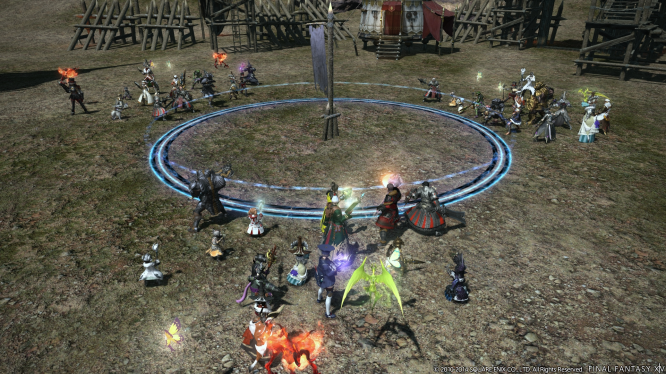 FFXIV: PvP and You! Part 2: Frontlines .
FFXIV: PvP and You! Part 2: Frontlines .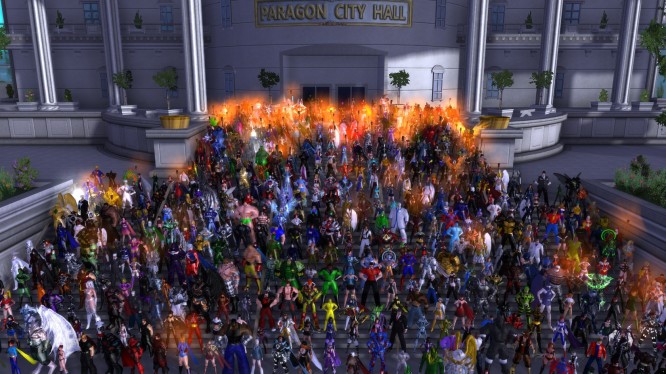 Listed: 5 MMORPGs That Absolutely Need to Be Revived .
Listed: 5 MMORPGs That Absolutely Need to Be Revived .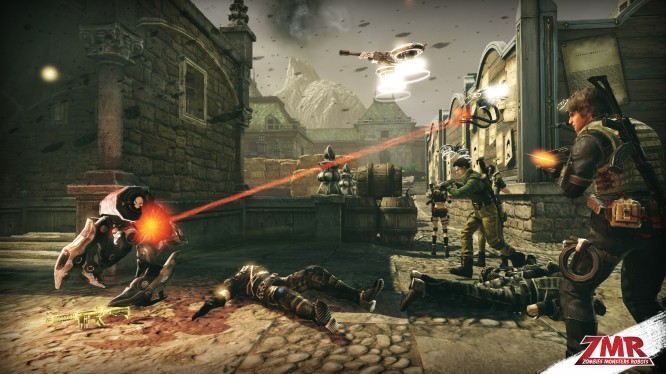 ZMR Interview with Developer Matthew Denomme on Game of Drones .
ZMR Interview with Developer Matthew Denomme on Game of Drones .